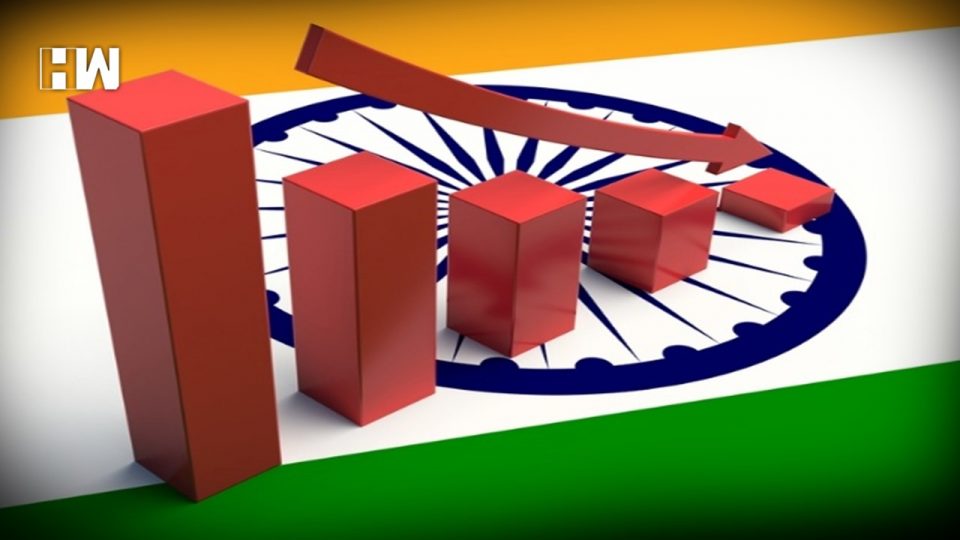The Economic Advisory Council of the 15th Finance Commission will meet on April 23-24 to discuss the impact of the pandemic on GDP.
New Delhi| To brainstorm the public spending needed to revive the economy amid mounting demands for a fiscal stimulus, a key economic advisory council of 15th Finance Commission under the central government, will meet this week.
Led by 15th Finance Commission chairman N.K. Singh, the council in over two days, starting Thursday, will study on the impact of the novel coronavirus pandemic on GDP in 2020-21 and 2021-22, and possible assumptions for tax buoyancy and revenue during the period.
The council, on the public expenditure aspect, will discuss methods to boost the economy, with state governments pitching for a host of measures, including greater flexibility to borrow and spend, to help tide over the pandemic crisis.
Corporations have been demanding for a ₹9-10 trillion stimulus package, a suggestion first made in a Mint editorial on 29 March. Businesses believe that such a package along with tax concessions would assure greater liquidity for small businesses and cash in the hands of the poor, helping drive demand for goods and services.
Also Read: PM Modi Ahead Any of The World’s Leader With Highest Approval Ratings
Due to the fall in retail sales and suspension of virtually all economic activity, GST collections and other means are expected to slide over the March-April period.
A senior Commission official said the meeting will be online, led by the chairman of the 15th Finance Commission and attended by the five members of the council, including chief economic advisor Krishnamurthy Subramanian, Sajjid Z Chinoy, Prachi Mishra, Neelkanth Mishra and Omkar Goswami on April 23. The meeting with the rest of the council members will be held on the following day.
As an independent media platform, we do not take advertisements from governments and corporate houses. It is you, our readers, who have supported us on our journey to do honest and unbiased journalism. Please contribute, so that we can continue to do the same in future.

